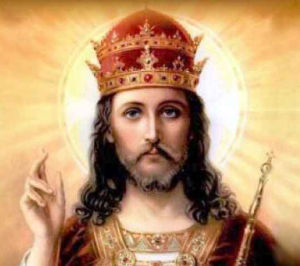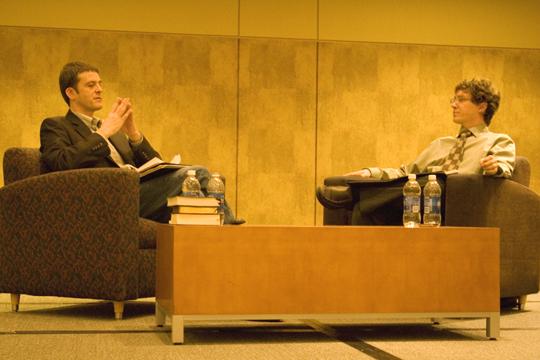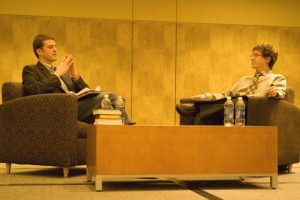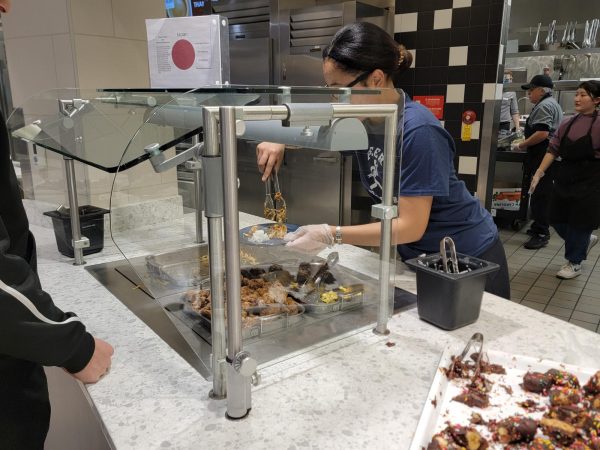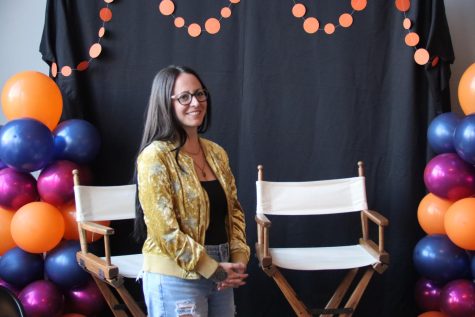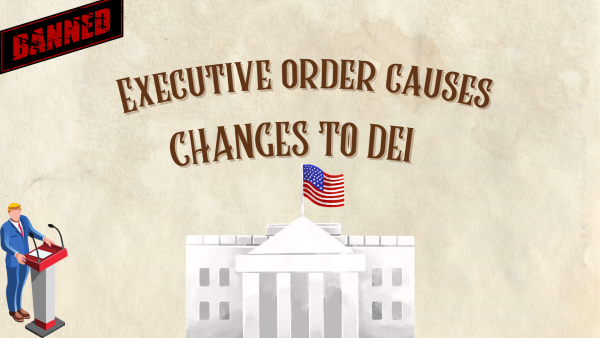Resurrection debate attracts large crowd
When Washburn’s Christian Challenge and the Atheist Community of Topeka joined forces, the result was a debate in a packed house and an interesting evening.
“It has been a privilege for Christian Challenge to work with the atheist community in Topeka,” said Craig Freerkson, a Christian Challenge leader, who introduced the two debaters. “We look forward to working with them again.”
The debaters were Michael Licona, a New Testament historian and Carrier, a professional historian. Their job was to argue their perspective on the feasibility of a resurrected Christ. Alan Bearman, interim dean of Mabee Library and associate professor, served as the moderator.
Licona is the award-winning author of “The Case for the Resurrection of Jesus.” He has also been interviewed by Lee Strobel, who wrote “The Case for Christ,” for his documentary of the same name and was interviewed in Strobel’s book “The Case for the Real Jesus.” Licona has spoken on many college campuses and radio talk shows, both Christian and secular.
Carrier is the author of “Not the Impossible Faith” and “Sense and Goodness without God.” He has a doctorate in ancient history from Columbia University, specializing in the intellectual history of Greece and Rome, particularly ancient philosophy, religion and science, with emphasis on the origins of Christianity. He is a prominent defender of the American Freethinker Movement.
Licona and Carrier had debated each other previously at UCLA in 2004. The debate at Washburn was a positive format that consisted of each speaker being given 20 minutes to state their argument and then one would ask the other questions back and forth in 10 minute intervals, ending with each being given seven minutes to give their closing statements. After that the audience was able to ask questions of the historians.
Licona used criteria for best explanation and centered around the apostle Paul’s teachings and his witnessing appearances by Christ, along with other groups of people also witnessing appearances as part of his argument.
“The standard historical investigation supports Jesus rose from the dead,” said Licona.
Carrier based his theory on psychology, the existence of other resurrection cults and group hallucinations.
“There is no more evidence that Jesus rose from the dead as there is that someone like me owns an interstellar spaceship,” said Carrier. “If Jesus was resurrected he would appear to everyone.”
The question and answer session allowed them to talk directly to each other and discuss each other’s ideas. Licona went first and asked Carrier about his psychological theories. The difference in how someone who hallucinates would be treated in our society versus how they would be treated in ancient times was discussed. Carrier asked Licona about people seeing apparitions. The missing body of Christ was discussed, as was the broadening of world views and how they affect our ability to accept information.
“World view affects the glasses through which we view all issues,” said Licona. “Not just religion.”
The speakers ended with their closing statements. Licona said his resurrection hypothesis met three of the four criteria for best explanation and didn’t fail the fourth. Carrier restated his points. He also took a moment to talk about the format of the debate.
“I actually really like the format of the debate,” said Carrier. “This has given us a chance to know more about each other’s positions than a combative debate would have allowed.”
Audience members then asked questions of the historians. The audience was made up of people with varying opinions: atheists, youth groups, clergy members, people from throughout the community and students.
“I really appreciated the format,” said Errin Thompson, junior. “I appreciate their sincerity. I saw respect and courtesy. In religious debates that is what I look for the most.”
Your donation will support the student journalists of Washburn University. Your contribution will allow us to purchase equipment and cover our annual website hosting costs.




